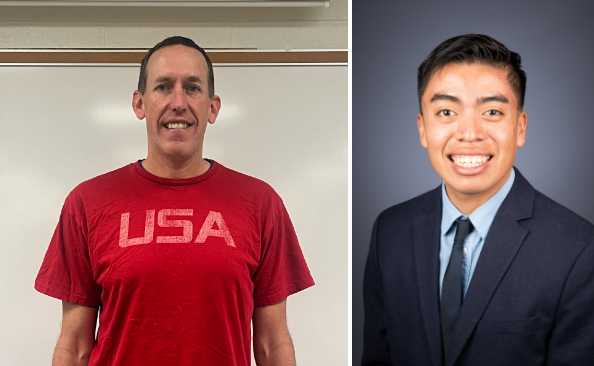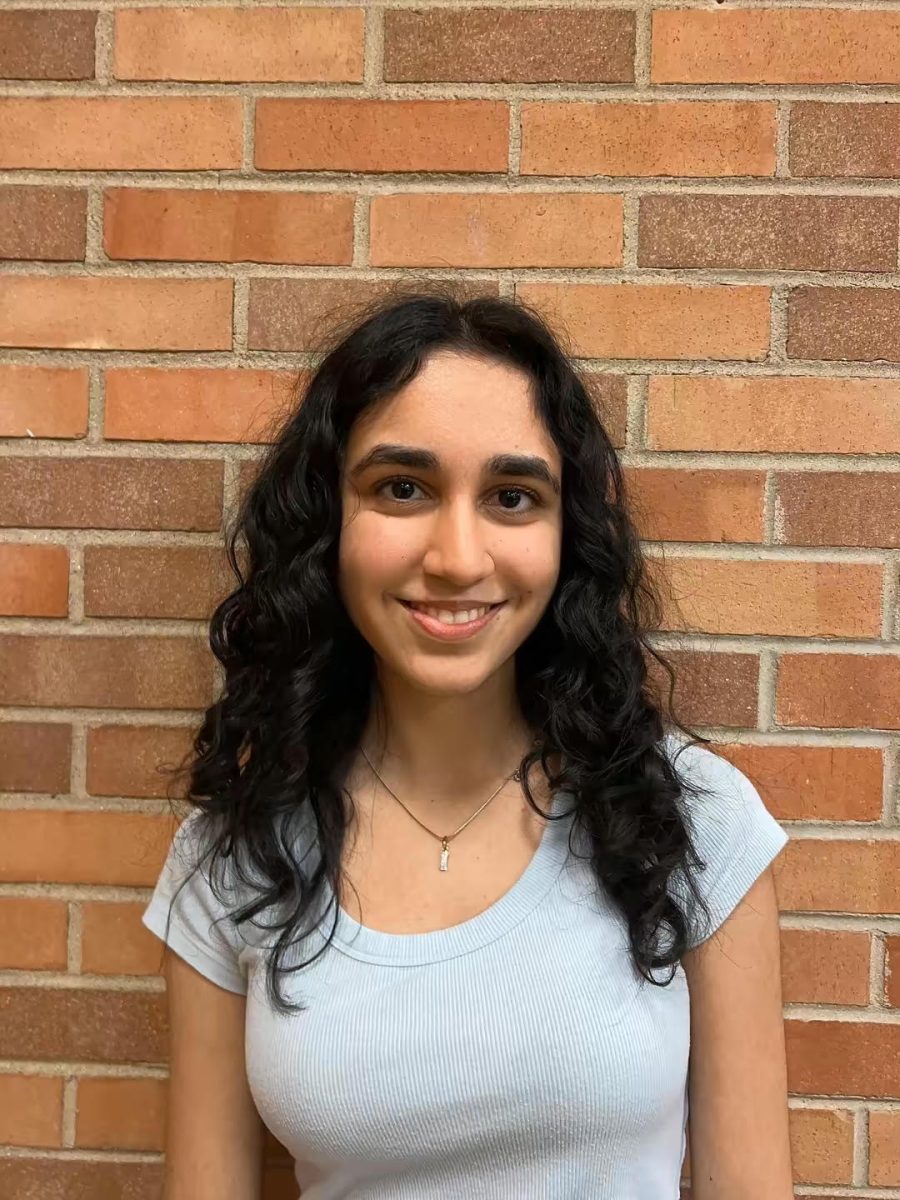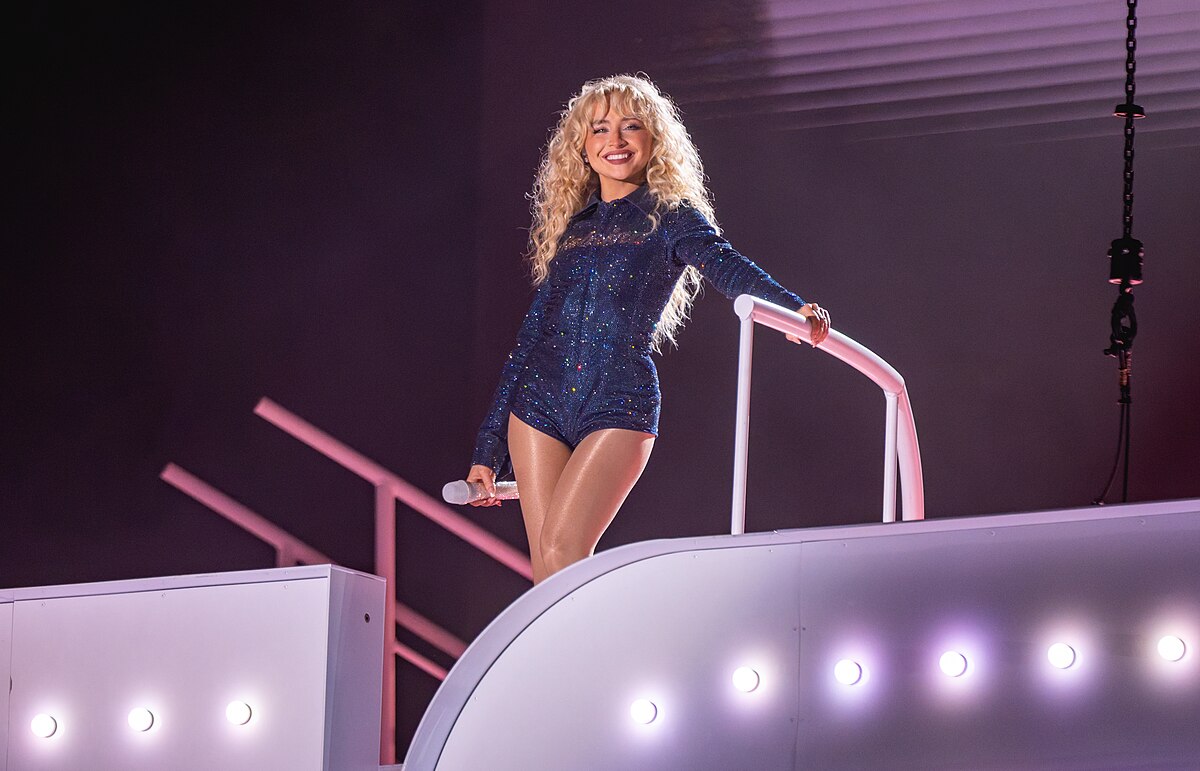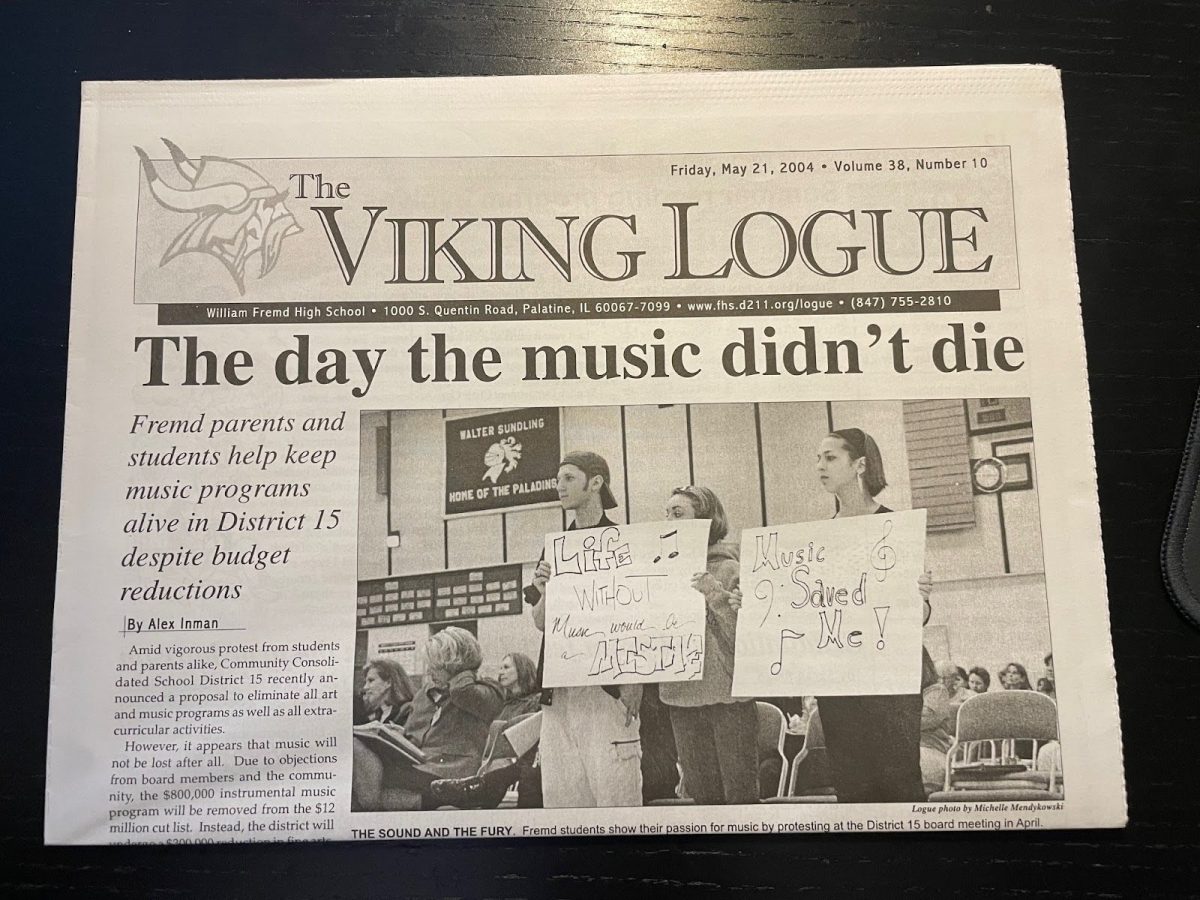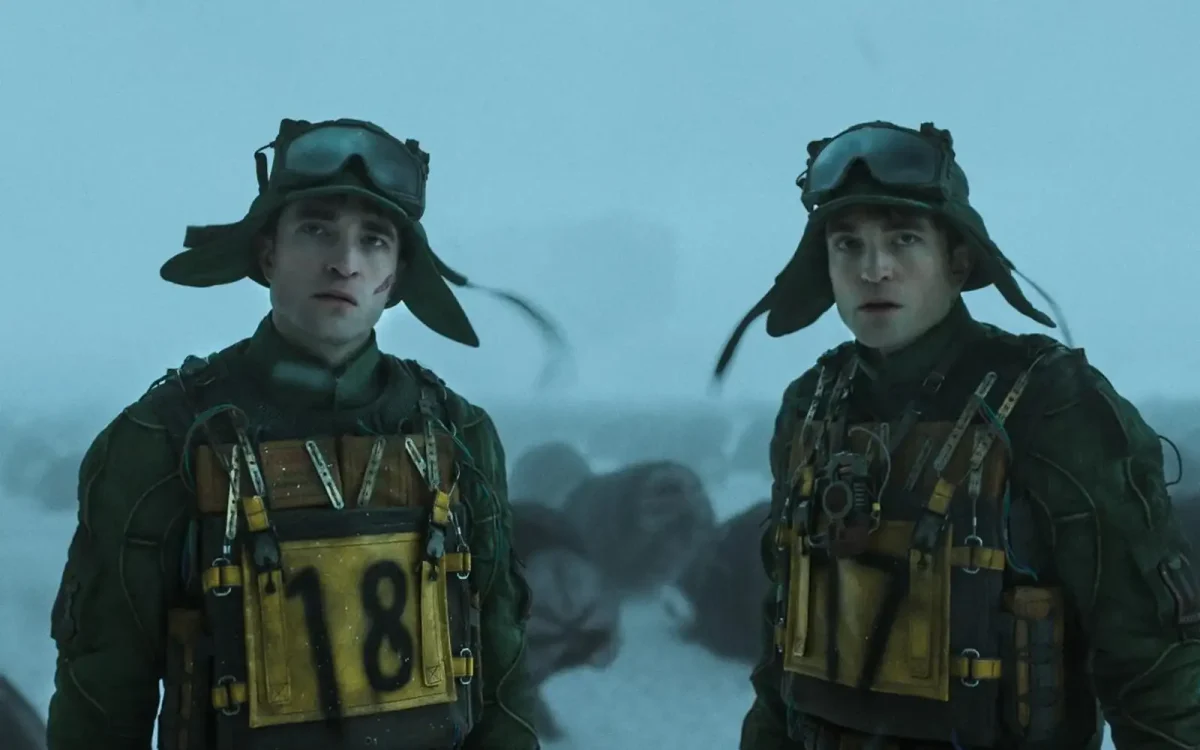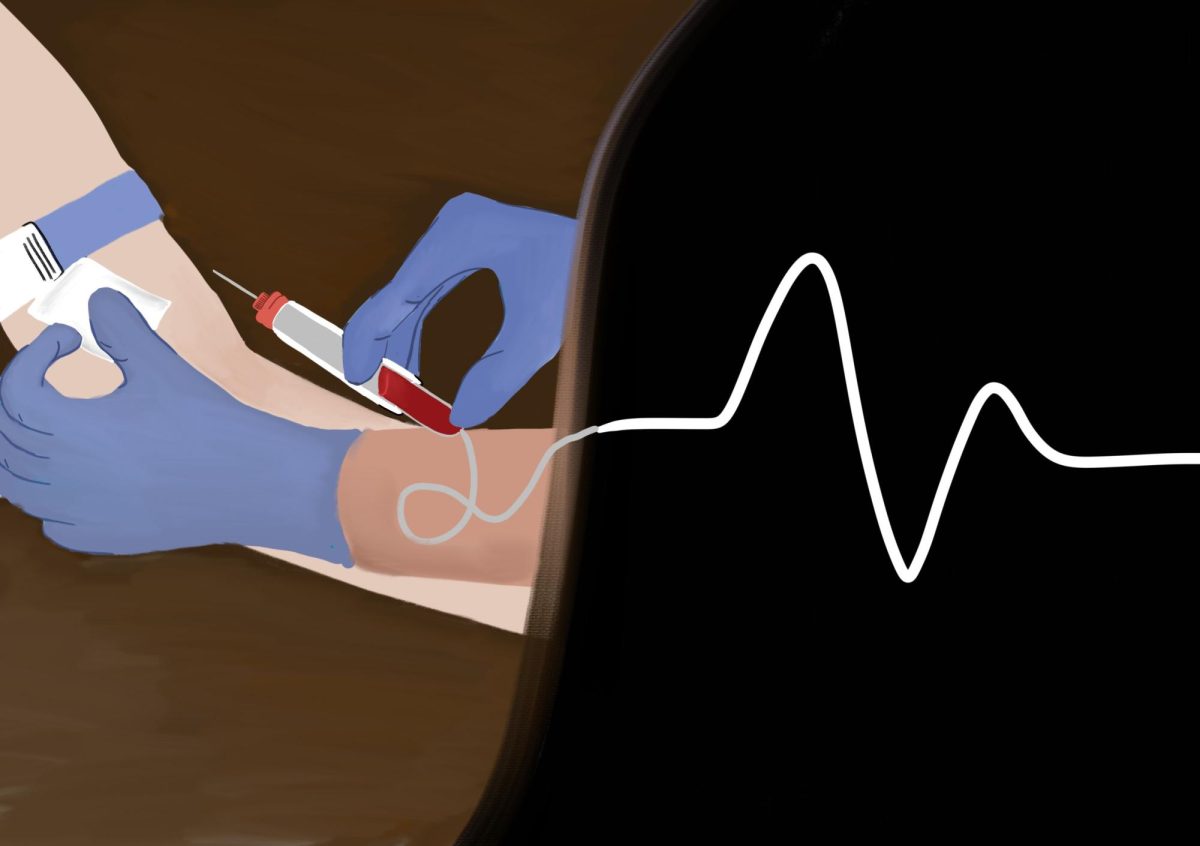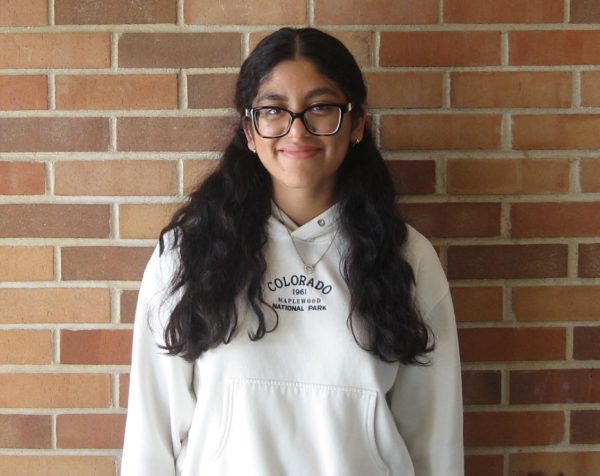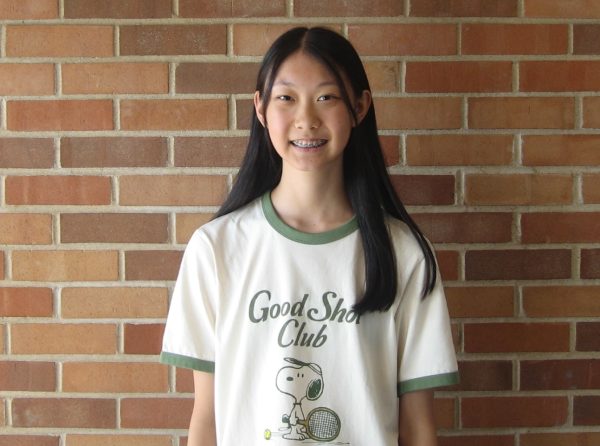As Fremd High School begins a new school year, fresh faces fill both the classrooms and the faculty. Among the newest additions are science teachers Michael Comerford and Luke Madden, eager to bring their unique perspectives and ideas to the students.
Comerford originally intended to pursue a career as a pediatrician, studying at the University of Illinois. It wasn’t until he got to college that he realized what his true passion was. Comerford graduated with a degree in education and went on to work as a science teacher at Palatine High School for 22 years. Comerford currently teaches regular chemistry and accelerated chemistry.
Knowing he wanted to become a teacher after a chemistry class, Madden attended Illinois State University where he received a degree in chemistry teaching with an endorsement in physics and a minor in Spanish. Madden then decided to begin his teaching career at his previous high school for two years before coming to Fremd for his third year of teaching. Now at Fremd, Madden teaches physical science, chemistry, and physics; he also hopes to get his masters soon.
What inspired you to pursue a career in education?
Comerford: I had an amazing teacher in junior high. He was my math teacher for all three years of junior high and he just put a lot of effort into making math fun and getting the kids to learn. He was always available for kids who needed extra help. Seeing that level of dedication and how you can make learning fun made me want to also do that.
Madden: One was the labs we did. I had so much fun when I did those labs, and so I wanted to make sure that kids and students had the same opportunities I did. My teacher was also really understanding and really loved chemistry, so I knew that I wanted to be kind of that person for my students in the future.
What is your favorite part about teaching science? Is there any reason you decided to work with high school students in particular?
C: I’ve never taught any other subjects, but I just like the hands-on part—it’s not just me talking about concepts, it’s [that] students are able to experience it themselves. And I really enjoy when students have enthusiasm towards the demos we’re doing. I think the maturity that high school students have versus elementary schools, like you’re dealing with a lot of emotional things, and now you can kind of dig into some heavy concepts and prepare them for their near future career.
M: I find it fun to be able to talk to students, to get to know them, and to be able to teach and share science with them. I think high school students tend to grow and show more responsibility over the four years. So it’s really fun for me to see how far students have come after the years that I’ve had them.
What would you describe as the most memorable experience from your teaching career so far?
C: Well, this isn’t memorable because it was a good experience. I had an observation so an assistant principal was observing me, and we were doing a lab and the fire alarm got set off. It was steam-related, so again, there was no impending danger or anything, but it was just, you know, kind of an unfortunate incident.
M: At the last school I taught, I was able to help out and chaperone on the band Disney trip. I was able to see how everything works in a specific context, which helped influence my teaching. That was a really memorable thing for me because it gave me a lot of good experiences on handling smaller groups in different settings.
As a teacher, you can have a lasting impact on the students you instruct. What do you hope your students will take away from your class?
C: I’m hoping that they take away some sort of love of science. I don’t expect them to all end up going into science careers, but hopefully they enjoy the experience. They understand a little bit more about how the world works.
M: My main goal is to show my students that they’re not only learning about science, but they are also becoming a better person through science. So, we not only can grow our knowledge in what we know over the year, but we can also become a better person. I also want my students to be able to see the world through the lens of science. That way, they’re able to continue to grow and analyze real life things when they come up in the real world.

